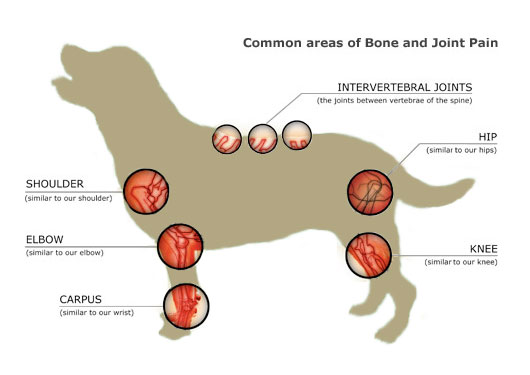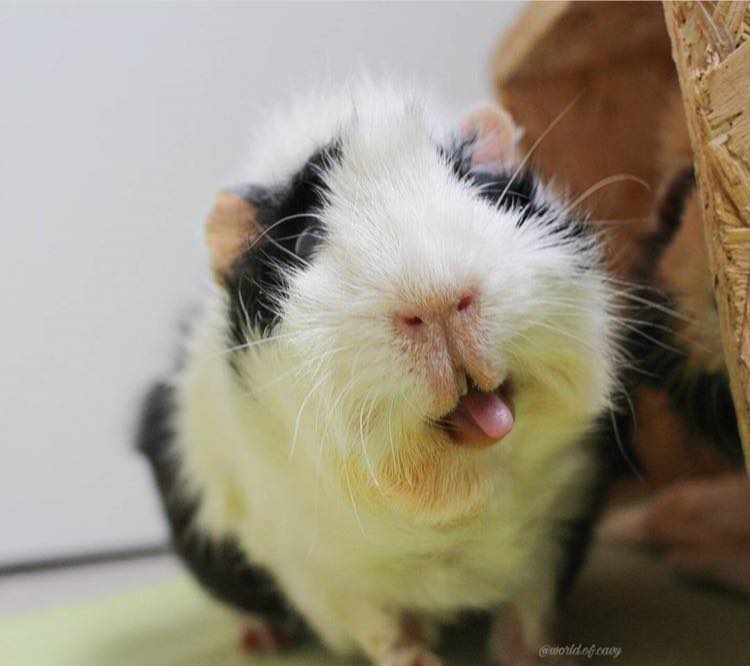Feline SOS!
Feline SOS! Knowing when your pet needs to be seen as an emergency is an important decision for many pet owners. Our Autumn News will provide you with some great advice on how to spot a feline emergency. Hopefully this is something that will never happen to your pet but it is worth being aware that sometimes there may be no obvious injuries but this doesn’t mean its not an emergency.
Wasps and bees will be getting slower during the Autumn season and although their stings rarely cause serious issues, they can be very painful. Swellings can appear quickly on paws if your cat has been batting them about, or mouths if they tried to eat them! Autumn Alert, gives you some top tips on the range of pet care challenges that we must be prepared for.
So what are the signs of arthritis in my pet?
Our Autumn Alert news includes the signs of arthritis to watch out for, the common causes plus it compares a healthy and arthritic joint side by side to help you understand the aches and pains that arthritis can cause. Although this painful condition cannot be cured, most pets will benefit from at least one of the wide range of treatment options we have available. If you have noticed your golden oldie slowing down why not contact us today to discuss how we can help your pet.
Please get in contact with our friendly team if you would like further information on keeping your pets happy and healthy this Autumn.













